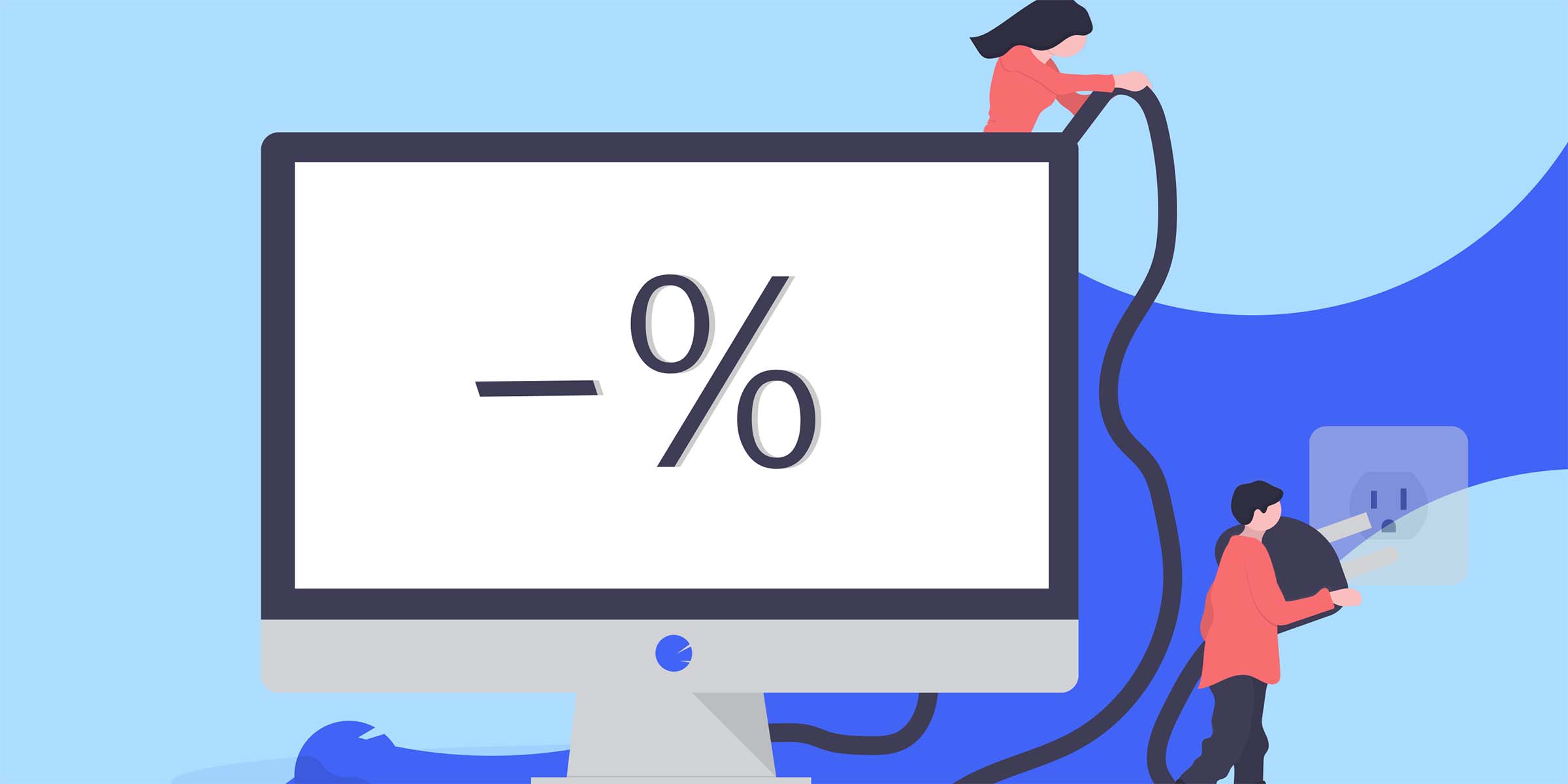Residential Proxies
Allowlisted 200M+ IPs from real ISP. Managed/obtained proxies via dashboard.

Proxies
Residential Proxies
Allowlisted 200M+ IPs from real ISP. Managed/obtained proxies via dashboard.
Residential (Socks5) Proxies
Over 200 million real IPs in 190+ locations,
Unlimited Residential Proxies
Use stable, fast, and furious 700K+ datacenter IPs worldwide.
Static Residential proxies
Long-lasting dedicated proxy, non-rotating residential proxy
Dedicated Datacenter Proxies
Use stable, fast, and furious 700K+ datacenter IPs worldwide.

Web Unblocker
View content as a real user with the help of ABC proxy's dynamic fingerprinting technology.
Proxies
API
Proxy list is generated through an API link and applied to compatible programs after whitelist IP authorization
User+Pass Auth
Create credential freely and use rotating proxies on any device or software without allowlisting IP
Proxy Manager
Manage all proxies using APM interface

Proxies
Residential Proxies
Allowlisted 200M+ IPs from real ISP. Managed/obtained proxies via dashboard.
Starts from
$0.77/ GB
Residential (Socks5) Proxies
Over 200 million real IPs in 190+ locations,
Starts from
$0.045/ IP
Unlimited Residential Proxies
Use stable, fast, and furious 700K+ datacenter IPs worldwide.
Starts from
$79/ Day
Rotating ISP Proxies
ABCProxy's Rotating ISP Proxies guarantee long session time.
Starts from
$0.77/ GB
Static Residential proxies
Long-lasting dedicated proxy, non-rotating residential proxy
Starts from
$5/MONTH
Dedicated Datacenter Proxies
Use stable, fast, and furious 700K+ datacenter IPs worldwide.
Starts from
$4.5/MONTH
Knowledge Base
English
繁體中文
Русский
Indonesia
Português
Español
بالعربية

Using Proxy IPs for Spike Purchases
In this digital age, the e-commerce industry is booming with endless opportunities for businesses and consumers alike. However, with great opportunities come unique challenges. One such challenge faced by online shoppers and retailers is dealing with spike purchases. The sudden surge in online purchases can lead to various issues like website crashes, slow loading times, and even order cancellations. In this blog post, we will explore how using proxy IPs can help mitigate the impact of spike purchases and ensure a seamless online shopping experience.
Spike purchases, also known as flash sales or sudden surges in online traffic, can occur due to various factors such as promotional events, seasonal sales, or viral marketing campaigns. While spike purchases can boost sales and revenue for businesses, they can also overwhelm websites and lead to a negative user experience. Slow loading times, website crashes, and payment processing errors are common problems associated with spike purchases. These issues can result in frustrated customers, lost sales opportunities, and damage to a company's reputation.
Proxy IPs, or proxy servers, act as intermediaries between a user's device and the internet. By routing internet traffic through a proxy server, users can mask their real IP address and appear as though they are accessing the internet from a different location. This technology has various applications, one of which includes managing spike purchases for online retailers.
1. **Enhancing Security Measures**
Proxy IPs can help online retailers enhance their security measures during spike purchases. By masking their real IP address, retailers can protect their website from potential DDoS attacks or malicious bots that may attempt to overload the server. This added layer of security can help prevent website crashes and ensure a smooth shopping experience for customers.
2. **Improving Website Performance**
During peak traffic periods, websites may experience slow loading times or downtime due to the increased volume of incoming requests. By using proxy IPs, retailers can distribute incoming traffic across multiple proxy servers, reducing the load on the main server and improving website performance. This can help prevent website crashes and ensure that customers can access the website without any delays.
3. **Managing Geographic Restrictions**
Some online retailers may have geographic restrictions on certain products or services. By using proxy IPs, retailers can bypass these restrictions and offer a seamless shopping experience to customers from different locations. This can help expand the customer base and increase sales opportunities during spike purchases.
4. **Preventing Price Manipulation**
During spike purchases, some users may attempt to manipulate prices or exploit discounts for personal gain. By using proxy IPs, retailers can track and monitor user activity to identify any suspicious behavior. This can help prevent price manipulation, ensure fair pricing for all customers, and maintain the integrity of the online shopping experience.
In conclusion, spike purchases can pose challenges for online retailers, but by leveraging proxy IPs, businesses can effectively manage peak traffic periods and ensure a seamless shopping experience for customers. Proxy IPs offer a range of benefits, including enhanced security measures, improved website performance, geographic restriction management, and price manipulation prevention. By incorporating proxy IPs into their online operations, retailers can optimize their e-commerce strategies and capitalize on spike purchases to drive sales and customer satisfaction.
Featured Posts
Popular Products
Residential Proxies
Allowlisted 200M+ IPs from real ISP. Managed/obtained proxies via dashboard.
Residential (Socks5) Proxies
Over 200 million real IPs in 190+ locations,
Unlimited Residential Proxies
Use stable, fast, and furious 700K+ datacenter IPs worldwide.
Rotating ISP Proxies
ABCProxy's Rotating ISP Proxies guarantee long session time.
Residential (Socks5) Proxies
Long-lasting dedicated proxy, non-rotating residential proxy
Dedicated Datacenter Proxies
Use stable, fast, and furious 700K+ datacenter IPs worldwide.
Web Unblocker
View content as a real user with the help of ABC proxy's dynamic fingerprinting technology.
Related articles

Maximize Brand Exposure with Proxy-Enabled Video Advertising Strategies
Looking to maximize your reach with video advertising? Learn how using a proxy can enhance your campaign's effectiveness. Explore the benefits now!

Leverage Proxy IPs for Successful Spike Purchases: A Strategic Guide
Discover the advantages of using proxy IPs for spike purchases. Enhance your online shopping experience by utilizing proxy IPs to secure limited-edition items and exclusive deals. Find out how proxy IPs can help you beat the competition and make the most out of your shopping spree.